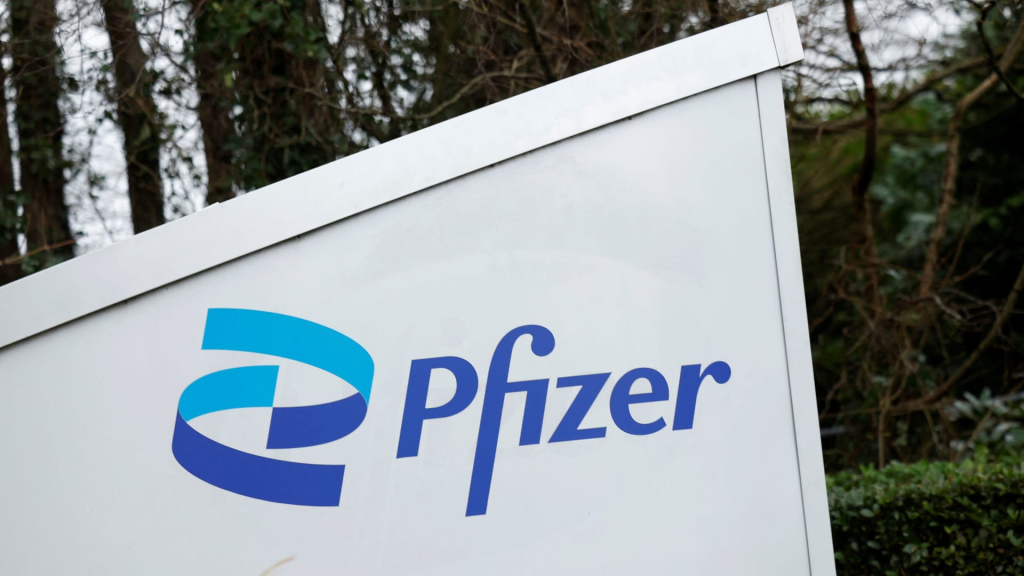Pfizer announced on Tuesday that it is intensifying its cost-reduction initiatives while reporting first-quarter profits that surpassed analyst expectations, despite a decline in sales predominantly attributed to reduced earnings from its antiviral Covid pill, Paxlovid.
The pharmaceutical giant previously estimated its cost-saving program would yield about $4.5 billion by the end of 2025. However, on Tuesday, Pfizer updated its forecast, stating it anticipates additional savings of approximately $1.2 billion, mainly from cuts in selling, informational, and administrative expenses by 2027. The company indicated that these reductions will be largely driven by “enhanced digital enablement,” focusing on automation, artificial intelligence, and refining business processes.
The expanded cost-reduction measures will also include anticipated savings of around $500 million from research and organizational restructuring by the close of 2026, with these funds earmarked for reinvestment into Pfizer’s product development pipeline.
Moreover, Pfizer is pursuing a separate, multiyear initiative targeting cost reductions, which aims to save $1.5 billion by the end of 2027. With the newly announced cuts, the company expects total savings from both initiatives to reach approximately $7.7 billion by that timeframe.
These measures are part of Pfizer’s strategy to offset the steep decline in revenue from its Covid-related products and the stock price over recent years, with early signs of recovery becoming evident.
In its earnings report for the first quarter, the company compared its performance with Wall Street expectations, as follows:
- Earnings per share: 92 cents adjusted vs. 66 cents expected
- Revenue: $13.72 billion vs. $13.91 billion expected
‘Volatile external environment’
The reported results come as pharmaceutical companies brace for President Donald Trump’s planned tariffs on medications imported into the United States, a move intended to bolster domestic manufacturing.
In contrast to other organizations influenced by shifting trade policies, Pfizer has chosen not to modify its outlook. The company reaffirmed its full-year 2025 guidance, projecting sales between $61 billion and $64 billion, anticipating similar performance in its Covid-related products as seen in 2024. However, Pfizer did clarify that this guidance “does not currently include any potential impact related to future tariffs and trade policy changes, which we are unable to predict at this time.”
Additionally, Pfizer expects the adjustments to the Medicare program stemming from the Inflation Reduction Act to potentially reduce sales by $1 billion, dampening growth by roughly 1.6% compared to the previous year.
Excluding one-time factors, Pfizer forecasts 2025 earnings to fall between $2.80 to $3 a share. “With the underlying strength of our business, we believe we can be agile in navigating an uncertain and volatile external environment,” stated CEO Albert Bourla.
For the first quarter, Pfizer reported a net income of $2.97 billion, or 52 cents per share, down from $3.12 billion, or 55 cents per share, for the same period last year. Excluding certain items, such as restructuring charges and costs associated with intangible assets, the company’s earnings per share for the quarter amounted to 92 cents. Revenue for the quarter was recorded at $13.72 billion, reflecting an 8% decrease compared to the previous year.
Covid sales
The drop in sales was primarily due to a significant decline in revenue from Paxlovid, which generated $491 million in the first quarter—a staggering 76% decrease from the same period last year, influenced by a reduction in Covid infections globally and diminished international government purchases of the drug.
This revenue downturn also follows a surge in sales in the first quarter of 2024 linked to a final adjustment regarding previously reported revenue for Paxlovid.
Analysts had projected that Paxlovid would generate sales of approximately $769.7 million for the quarter, according to estimates from StreetAccount.
In contrast, Pfizer’s Covid vaccine, Comirnaty, yielded $565 million in revenue, marking a 60% increase year-over-year and surpassing analyst expectations of $352 million.
These results come amid uncertainty in immunization policy and regulation, particularly under Robert F. Kennedy Jr., a known vaccine skeptic now overseeing federal health agencies, who has called for extensive changes within the Department of Health and Human Services, potentially affecting vaccine protocols.
This story is developing. Please check back for updates.


























